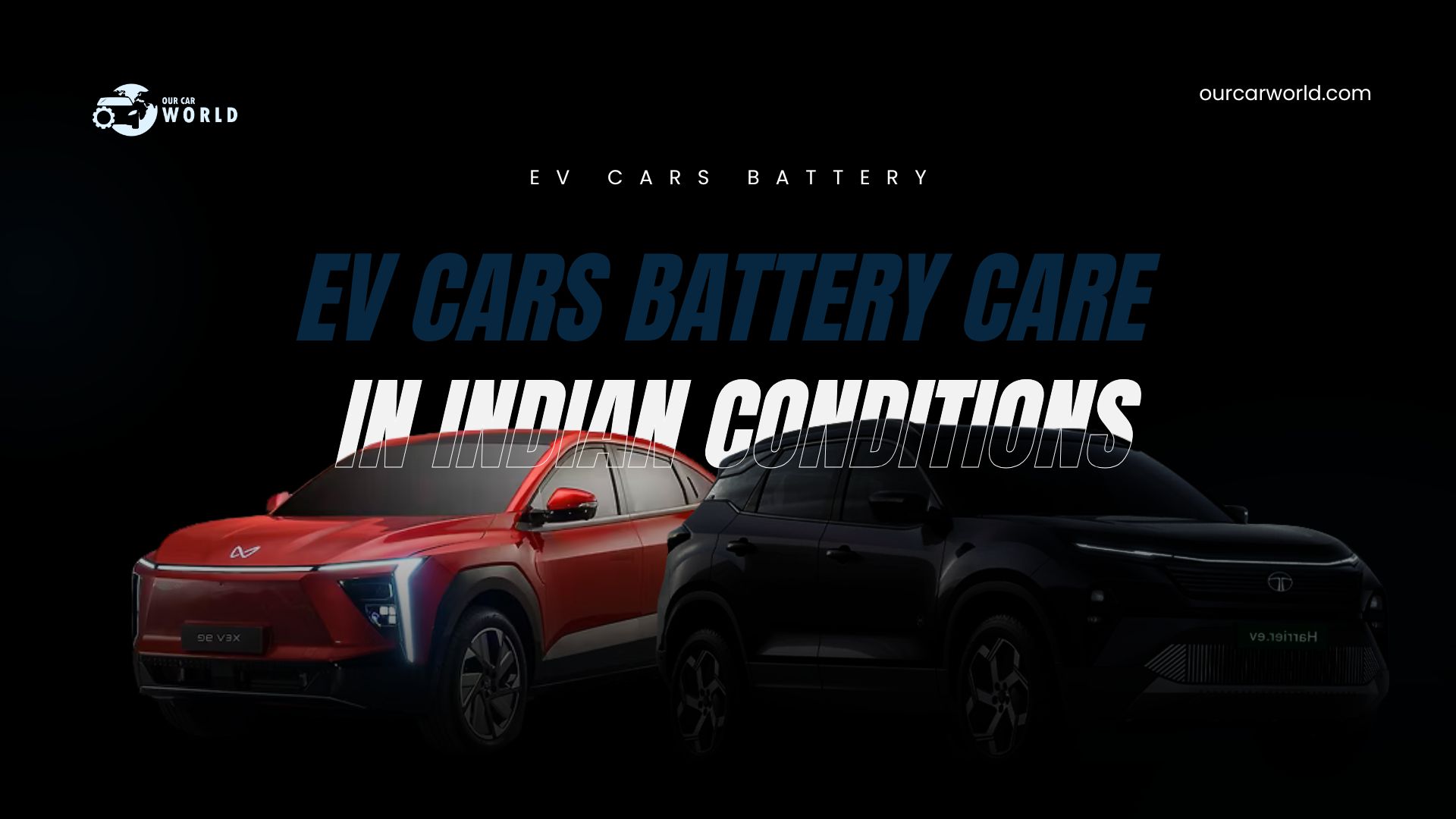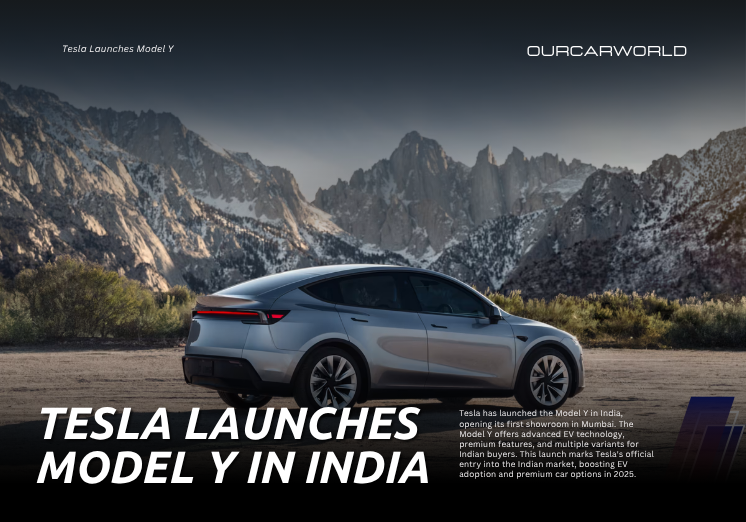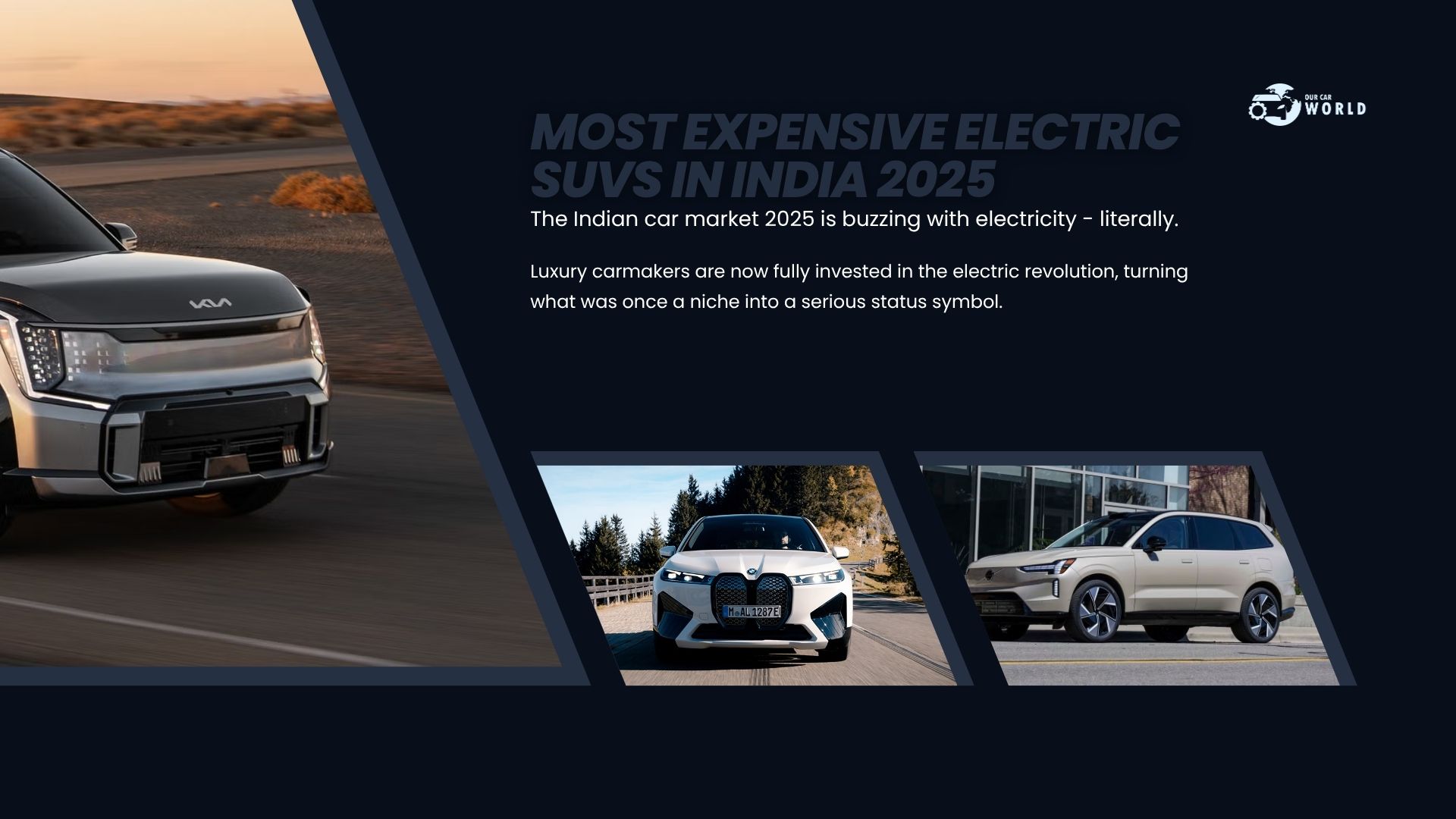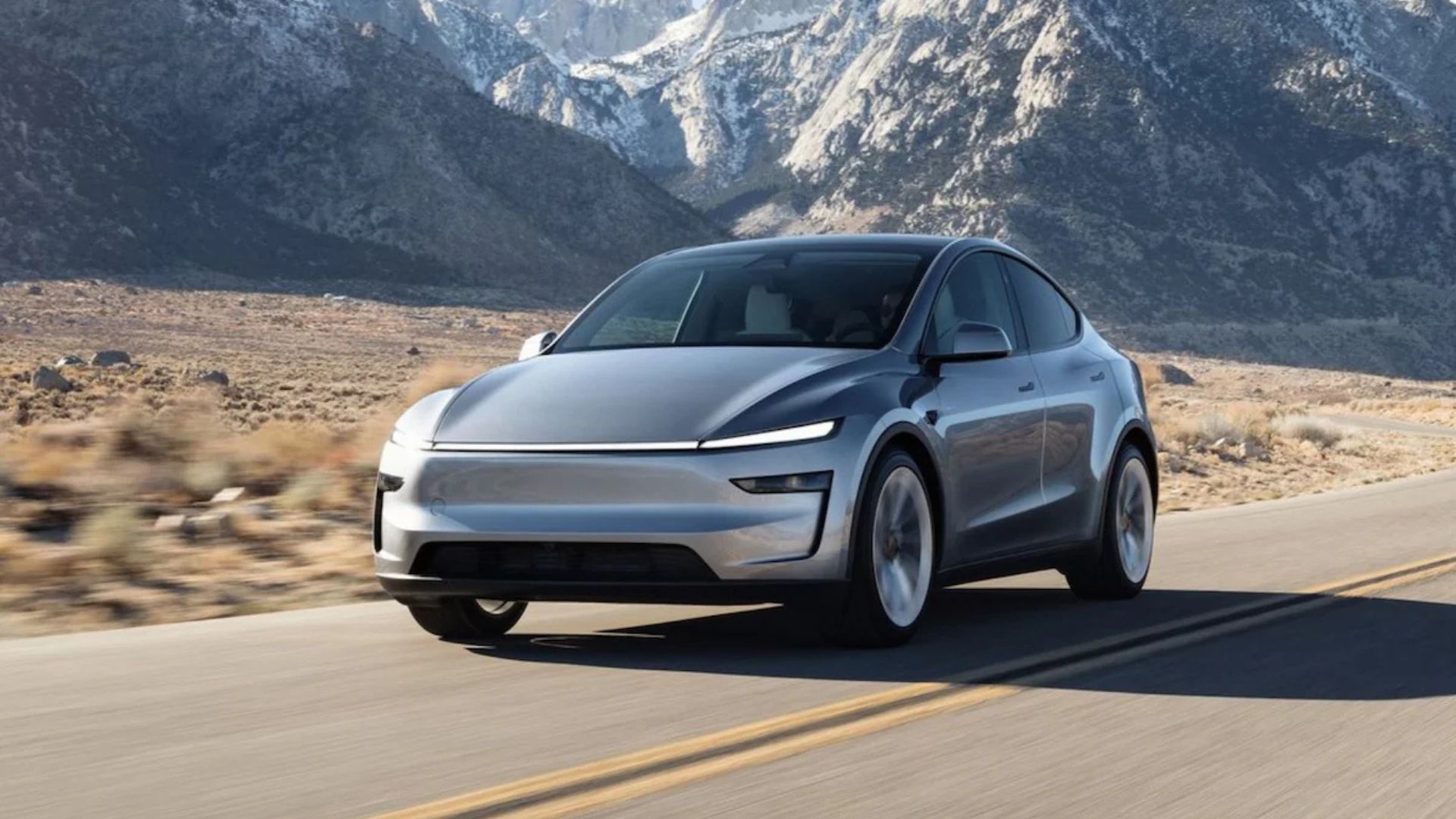Introduction
In recent years, EV cars have emerged as a strong alternative to petrol and diesel vehicles in India. Rising fuel prices, stricter emission norms, and government-backed subsidies have encouraged car buyers to consider electric vehicles for daily commutes as well as family use. While EV cars offer the benefits of lower running costs and cleaner mobility, one area that every owner must focus on is battery care.
The EV car battery is the most critical and expensive component of an electric vehicle. In India’s challenging conditions – extreme heat, humidity, dusty roads, and unpredictable traffic—battery care becomes even more important. This blog explains everything you need to know about maintaining your EV car battery, tips for long-term performance, cost-saving strategies, and how EV cars compare with petrol cars in terms of maintenance.
Why EV Battery Care Matters in India
EV batteries are built with advanced lithium-ion technology, but they are still sensitive to extreme temperatures and improper usage. In India, summers in cities like Delhi, Jaipur, and Nagpur often cross 40°C, which directly impacts the life cycle of a battery. Similarly, high humidity in coastal states such as Kerala and Mumbai can also accelerate battery wear and tear.
Without proper care, an electric car battery may lose its efficiency faster, leading to shorter driving range and increased charging needs. Since replacing a battery in EV cars can cost anywhere from ₹3 lakh to ₹6 lakh depending on the model, maintaining it properly can save lakhs of rupees over time.
Another factor unique to India is the developing charging infrastructure. Unlike petrol pumps, fast charging stations are still limited, forcing many users to depend on home charging. This makes correct charging practices essential for ensuring a long-lasting EV car battery.
Common Problems with EV Car Batteries in Indian Conditions
- High Temperature & Heat Exposure:- Indian summers can be brutal. Parking in direct sunlight overheats the battery and reduces performance.
Solution: Always park in shade or use cooling systems. - Dust & Pollution:- Dust can affect cooling systems and battery casing. Consider car cleaning and detailing for dust protection.
- Stop-Go Traffic:- Constant braking and acceleration impact efficiency.
- AC & Electronics Usage:- Heavy car AC service usage drains EV batteries quickly. Regular maintenance keeps the system efficient.
- Poor Roads & Driving Habits:- Frequent potholes and rough driving can stress the battery housing. If issues occur, consult a car repair service.
Best Practices for EV Cars Battery Care
Optimize Charging Habits
- Avoid charging to 100% daily; keep it between 20% and 80%.
- Do not let the battery drop below 10% frequently.
- Use slow/standard charging at home more often than public fast chargers.
Parking & Storage Tips
- Park in shaded areas or covered garages.
- Avoid exposing your EV car to direct sunlight for long hours.
- If you won’t use the car for weeks, keep the battery at around 50% charge.
Driving Style & Load Management
- Drive smoothly, avoiding sudden acceleration.
- Use regenerative braking effectively.
- Minimize unnecessary use of heavy air-conditioning or carrying excessive load.
Regular Updates & Servicing
- Always install the latest software updates for better battery management.
- Go for routine service checks at authorized EV workshops.
- Ensure battery cooling systems and fluids (if applicable) are regularly inspected.
EV Cars vs Petrol Cars: Battery & Maintenance Cost Comparison
| Factor | Petrol Cars | EV Cars (with Proper Battery Care) |
|---|---|---|
| Running Cost (per km) | ₹6–7 | ₹1.2–2 |
| Major Component Cost | Engine (₹2–4 lakh replacement approx) | Battery (₹3–6 lakh replacement approx) |
| Maintenance Frequency | High (oil, filters, engine wear) | Low (fewer moving parts, no oil change) |
| Heat Impact | Moderate | High on batteries |
| Longevity | 10–12 years (engine) | 6–8 years (battery with care) |
| Environmental Impact | High emissions | Zero tailpipe emissions |
This table shows that while EV cars have higher battery replacement costs, they more than make up for it with lower daily running costs and reduced maintenance needs.
Cost of EV Battery Replacement in India
The cost of replacing an EV car battery in India depends on the manufacturer and capacity. For instance:
- Tata Nexon EV: Around ₹5–6 lakh (battery replacement)
- MG ZS EV: Around ₹6–7 lakh
- Hyundai Kona EV: Around ₹6 lakh
However, most EVs today come with 8-year or 1.6 lakh km battery warranty, which covers major failures. Proper care ensures that you may not need replacement within the warranty period.
EV Battery Care Tips for Indian Conditions
- Avoid charging to full capacity every day – Keep it within the ideal range.
- Use climate-friendly parking – Protect the car from extreme heat.
- Charge during cooler hours – Early morning or late night reduces heat impact.
- Keep software updated – Helps in efficient battery management.
- Drive economically – Maintain steady speeds, use regenerative braking.
Government Support & EV Future in India
The Indian government is actively promoting EV adoption:
- FAME-II scheme: Provides subsidies for EV buyers.
- Battery recycling policy: Encourages sustainable disposal and reuse of EV batteries.
- Charging infrastructure expansion: Public charging points by Tata Power, EESL, and state governments.
These measures will make EV ownership more practical and affordable in the future.
(Outbound reference: Tata Motors EV, MG Electric Vehicles India)
Expert FAQs on EV Battery Care
Q1. How long does an EV car battery last in India?
Ans: On average, 6–8 years with proper care. Some may last longer with ideal charging habits.
Q2. Is fast charging harmful for EV cars?
Ans: Occasional fast charging is fine, but daily use reduces battery life due to heat build-up.
Q3. Can Indian summers damage EV batteries?
Ans: Yes. High heat accelerates degradation. Parking in shade and using thermal management helps.
Q4. Do EV cars need regular servicing like petrol cars?
Ans: No. EVs have fewer moving parts and lower servicing needs, but annual checks are recommended.
Conclusion
EV cars are quickly becoming the future of personal mobility in India. While they promise lower running costs, zero emissions, and government incentives, the key to long-term ownership satisfaction lies in battery care. By adopting smart charging habits, managing exposure to heat, and keeping your EV car serviced and updated, you can extend the life of your battery significantly.
In Indian conditions, the success of EV cars will largely depend on how well owners understand and maintain their batteries. With the right practices, you can enjoy smooth, efficient, and cost-friendly driving for years to come.





Great article! The tips on EV battery care in Indian conditions are really helpful-especially the 20-80% charging range and parking in the shade. Thanks for sharing such useful insights!”